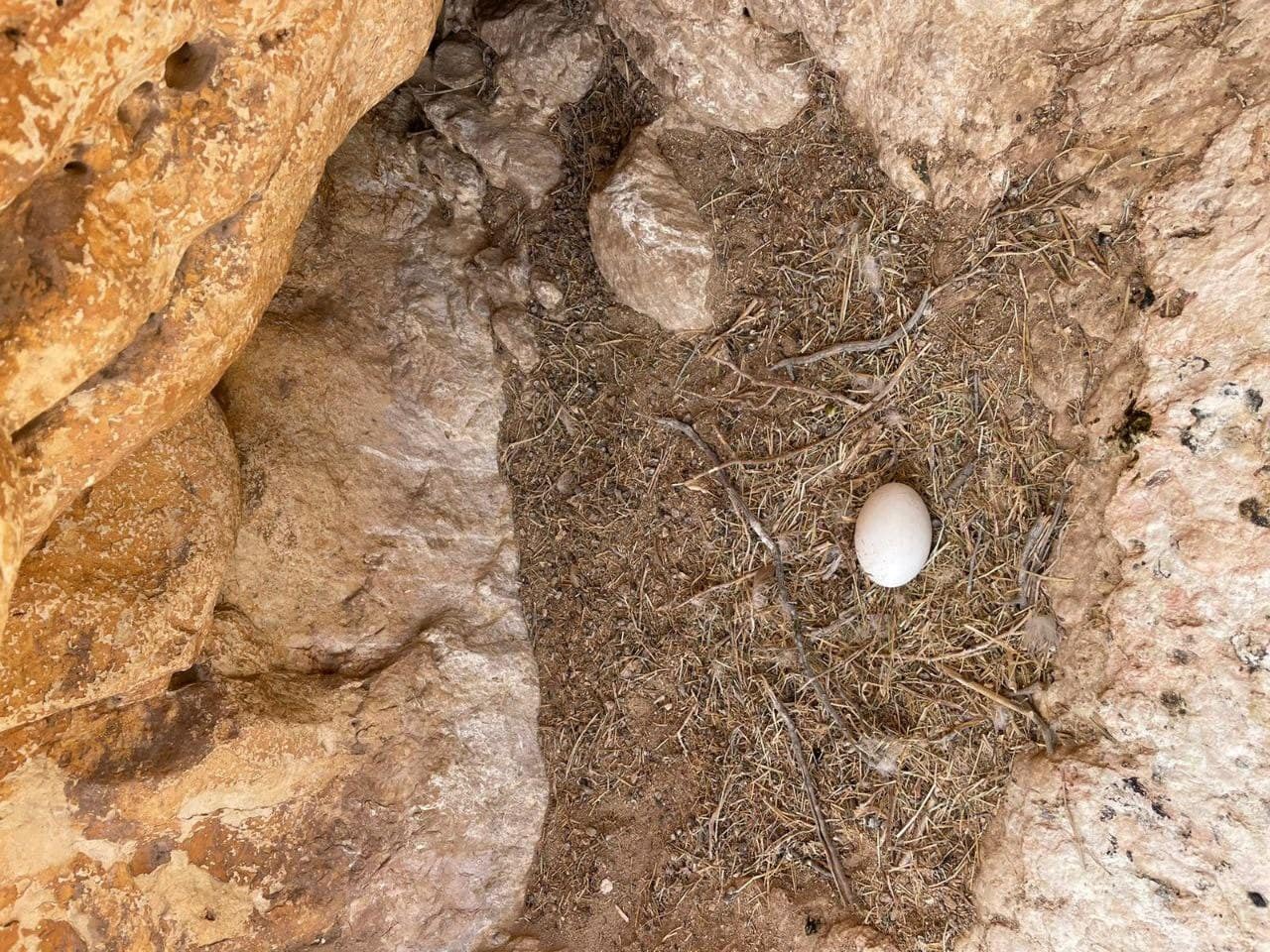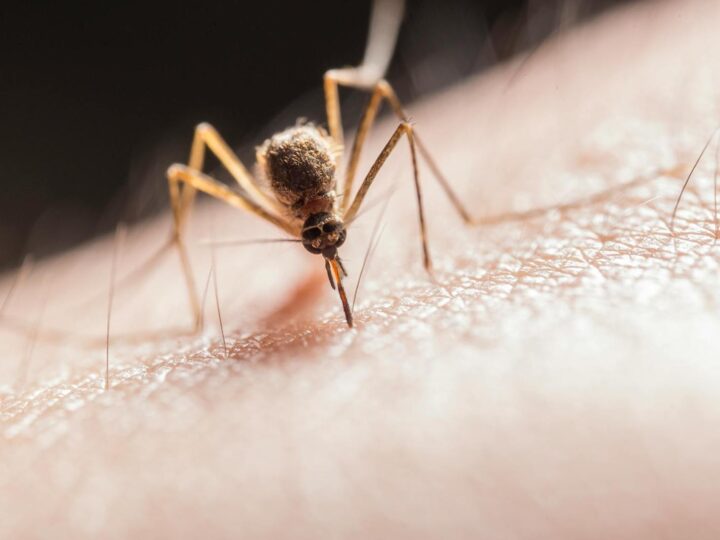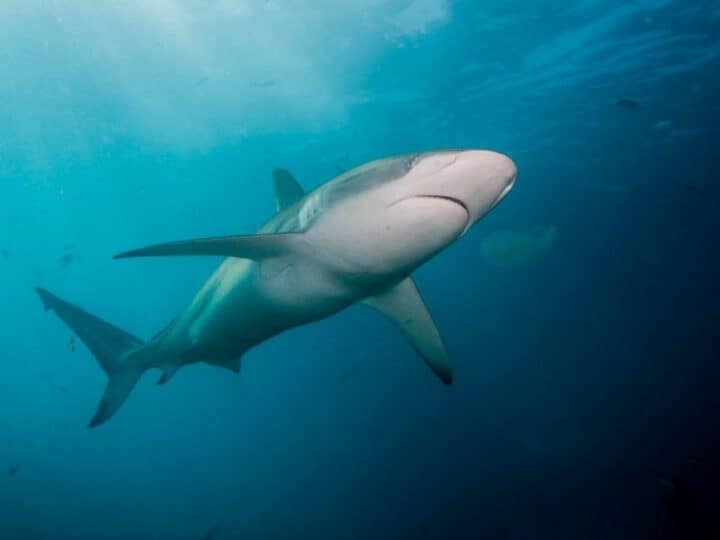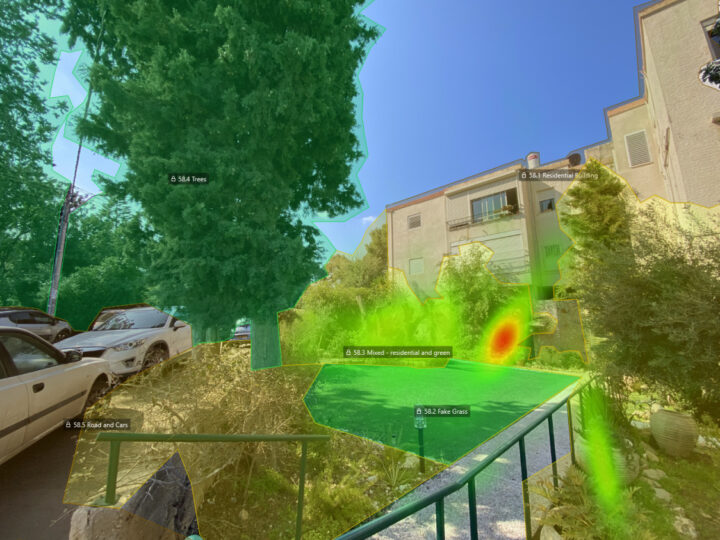Workers and volunteers from the Israel Nature and Parks Authority (NPA) recently managed to save the fertilized egg of a vulture that was poisoned to death.
The female vulture that laid the egg was brooding it alone after her partner had died of poisoning weeks prior. Starved, the female vulture — labeled A25 — finally left the nest in search of food.
But soon thereafter, A25 was also poisoned and died, leaving the 23-day-old egg by itself. It takes 57 brooding days for a vulture embryo to develop and successfully hatch.
Thanks to a tracker installed on A25’s nest, NPA workers noticed a lack of movement and immediately tended to it. They recovered the egg from the nest in a rescue operation that lasted several hours, and transported it to the incubator in the Hai-Bar Carmel Reserve.
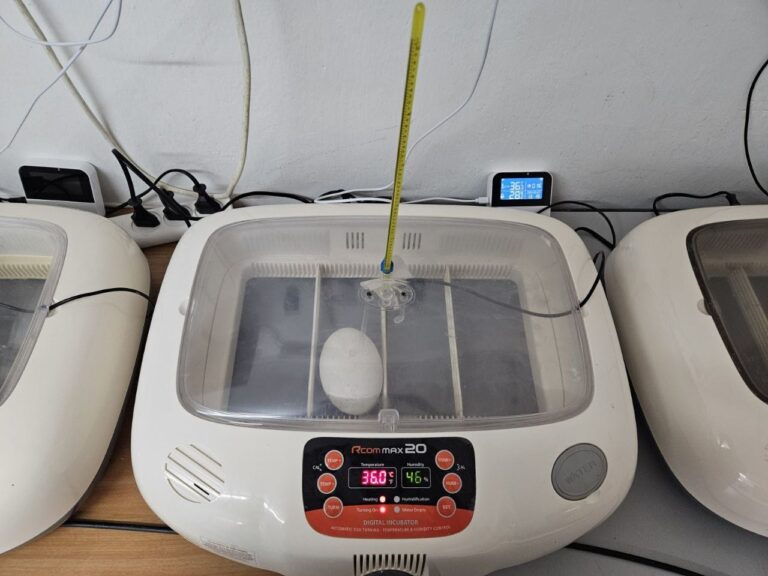
“It was necessary to quickly transfer the egg from the nest to the incubator even though it was not clear whether the egg was even fertilized, or if the embryo would survive,” said Ohad Hatzofe, an avian ecologist at NPA.
“We will continue taking care of the egg until it hopefully hatches in the next 30 days,” he added. “We will do everything to ensure the A25 genes continue to exist and contribute to the survival of the species in Israel and the Middle East.”
A poisoning phenomenon
At least 20 vultures have died of poisoning in the Arava region in southern Israel since February, with authorities scrambling to put an end to the phenomenon. There are only around 170 vultures left in Israel and recent incidents have put the species in danger of extinction.
Following the latest poisoning incident, the Ministry of Environmental Protection pledged to transfer NIS 15 million to the NPA in order to implement a plan to combat the poisoning phenomenon, which the authority had formulated and approved in September 2023.
The State Comptroller in the past warned of the danger of the types of pesticides that were used in the poisoning incidents. It called on the Ministry of Agriculture to boost enforcement against those who insist on using substances banned for use in agriculture, and to bring those who violate the law to swift justice.
Aryeh Rosenberg, NPA’s southern Arava inspector, said that in the seven years he has worked for the authority he has never witnessed so many poisonings within such a short span of time.
“This is the fourth poisoning incident I have experienced in this area,” he said. “The only consolation is that at least we were able to save the egg that will hopefully become a mature vulture and nest in the same cliffs in the future.”




